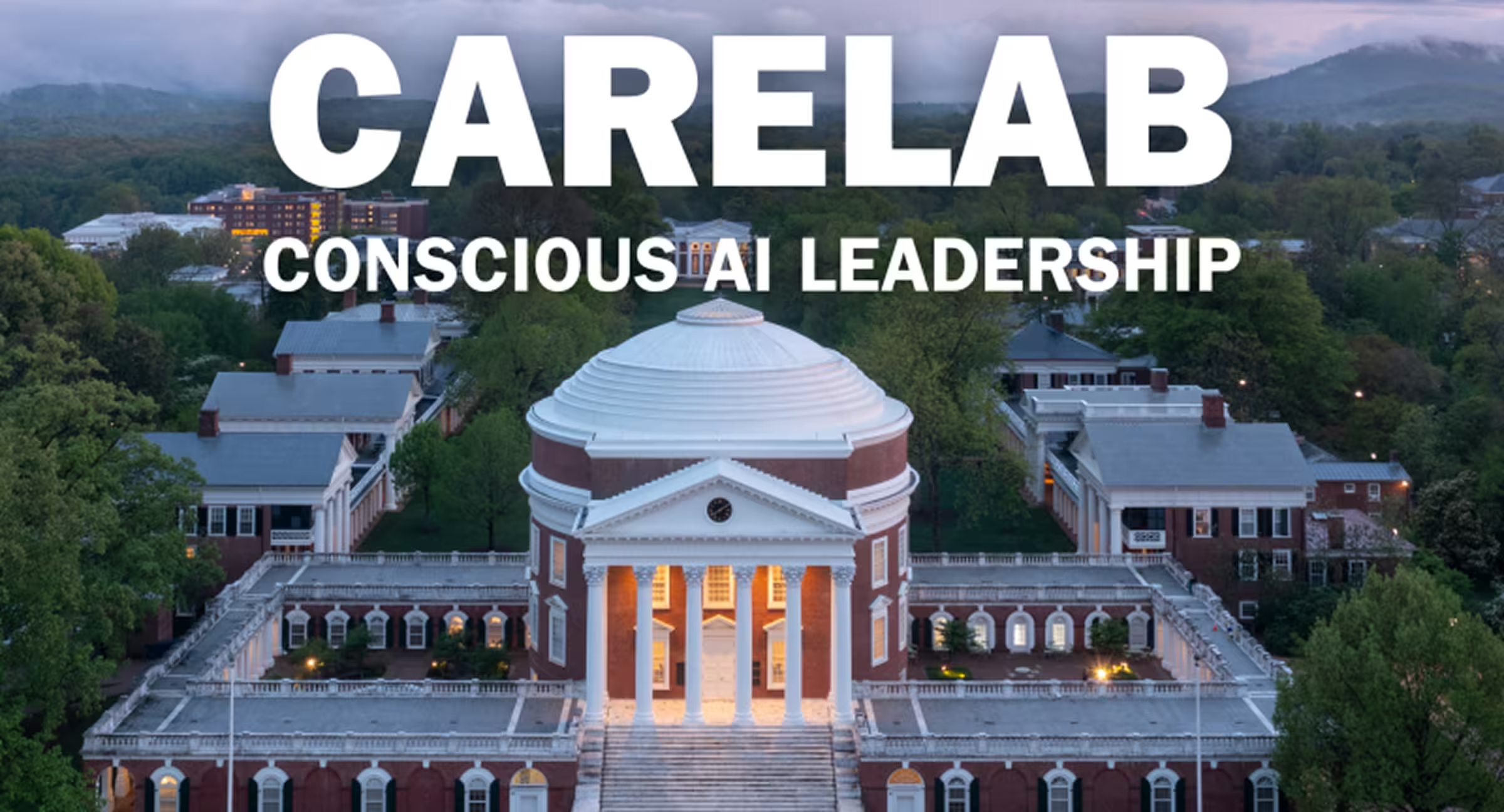Go-to-Market Plans
From Market Test to Market Truth in 28 days

Project Overview
MedForce Health faced the fundamental question that haunts many startup's go-to-market strategy: Could they actually attract qualified healthcare candidates through targeted marketing campaigns? With limited runway and established competitors dominating traditional recruitment channels, they needed to rapidly test whether their marketing-driven approach to candidate attraction could work in the real world. The stakes were clear: prove their go-to-market thesis fast and efficiently, or risk burning through resources on an unproven channel strategy.
Rapid Multi-Market Testing: Instead of testing one market cautiously, the team simultaneously launched 25 unique ads across LinkedIn, Reddit, and Google Search in 10 different markets. This parallel approach dramatically accelerated validation to assess true demand patterns, reducing the risk of false conclusions from limited testing.
Real-Time Campaign Intelligence: Campaign data was transformed into strategic insights within 12 days through continuous human-AI analysis. This compressed feedback loop enabled immediate understanding of not just ad performance, but actual market response and channel viability.
Proactive Performance Diagnosis: When conversion patterns emerged, the team didn't just optimize ads. They diagnosed what the data revealed about MedForce's overall candidate attraction capabilities, uncovering critical insights about user journey effectiveness, market perception, and competitive positioning.
It was invaluable go-to-market intelligence that could have taken months to discover through traditional testing approaches. The insight fundamentally shifted MedForce's strategic priorities: they could generate interest, but they needed to strengthen their conversion infrastructure and credibility signals to fully capitalize on their candidate attraction capabilities.



Final Outcome
1) Channel Validation Metrics:
- 25 campaign executions across 3 platforms in 10 markets within 4 weeks, proving scalable demand generation capability
- Click-through rates nearly double the industry average, confirming strong market interest in their value proposition
- Candidate attraction confirmed across multiple channels, validating their marketing-driven recruitment approach
2) Strategic Intelligence Gains:
- Critical conversion gaps identified within 12 days, revealing opportunities for 5X improvement through experience optimization
- Credibility infrastructure needs identified within 28 days, providing clear roadmap for next-phase investments
- Risk mitigation achieved by avoiding months of resource burn on unvalidated channel assumptions
- 28% budget efficiency while gaining definitive go-to-market clarity
Strategic Significance: The New Standard for Go-to-Market Testing
This transformation represents far more than recruitment marketing success. It demonstrates how human-AI collaboration can fundamentally reshape how businesses validate their go-to-market strategies. MedForce didn't just prove they could attract candidates; they gained precise intelligence about what they needed to build next to convert that interest into business results. It also proves that startups no longer need to choose between speed and thoroughness in go-to-market validation. By embedding continuous learning and real-time intelligence into rapid deployment, MedForce gained months of strategic clarity in weeks while spending less than traditional validation approaches.

.svg)



.svg)
.svg)
